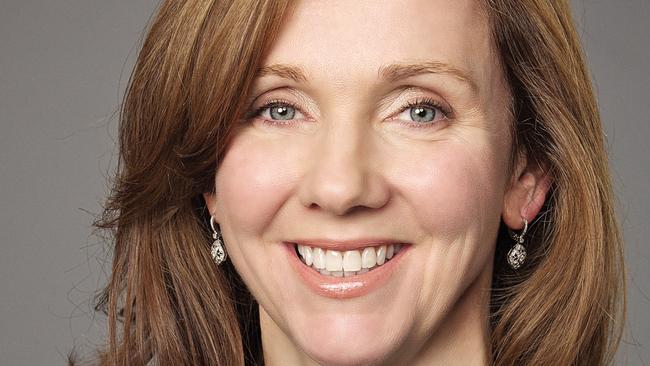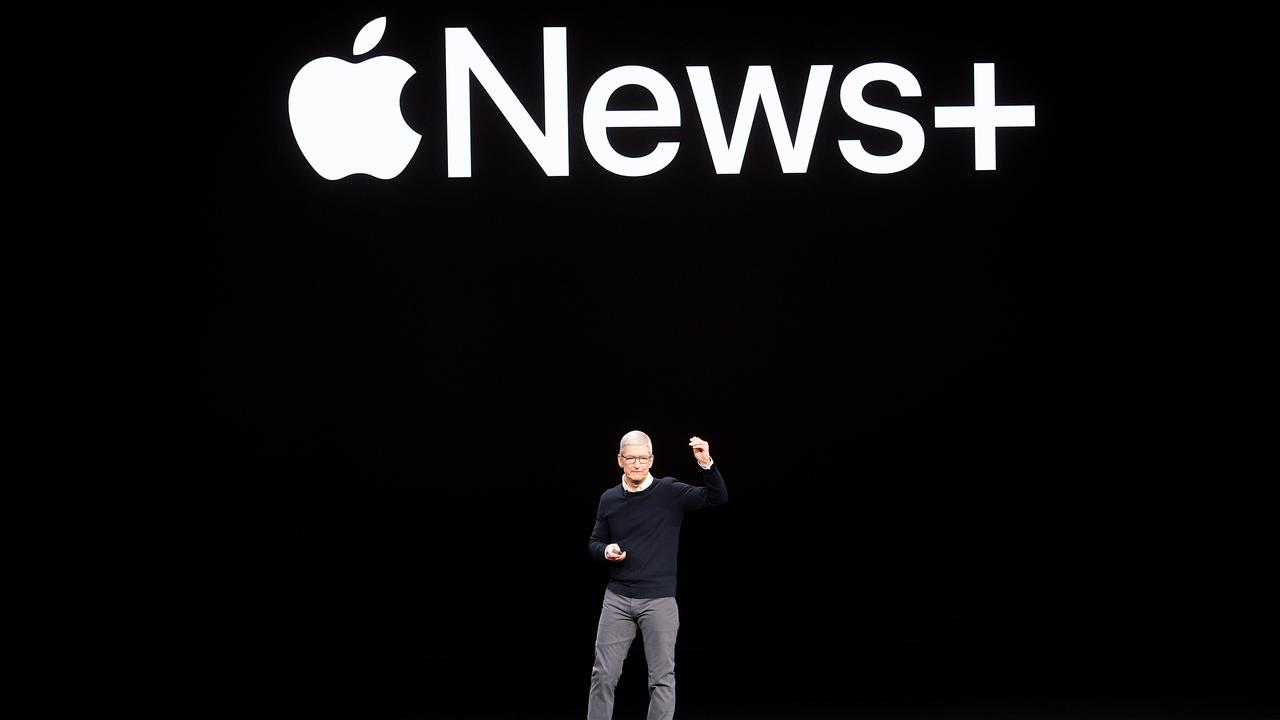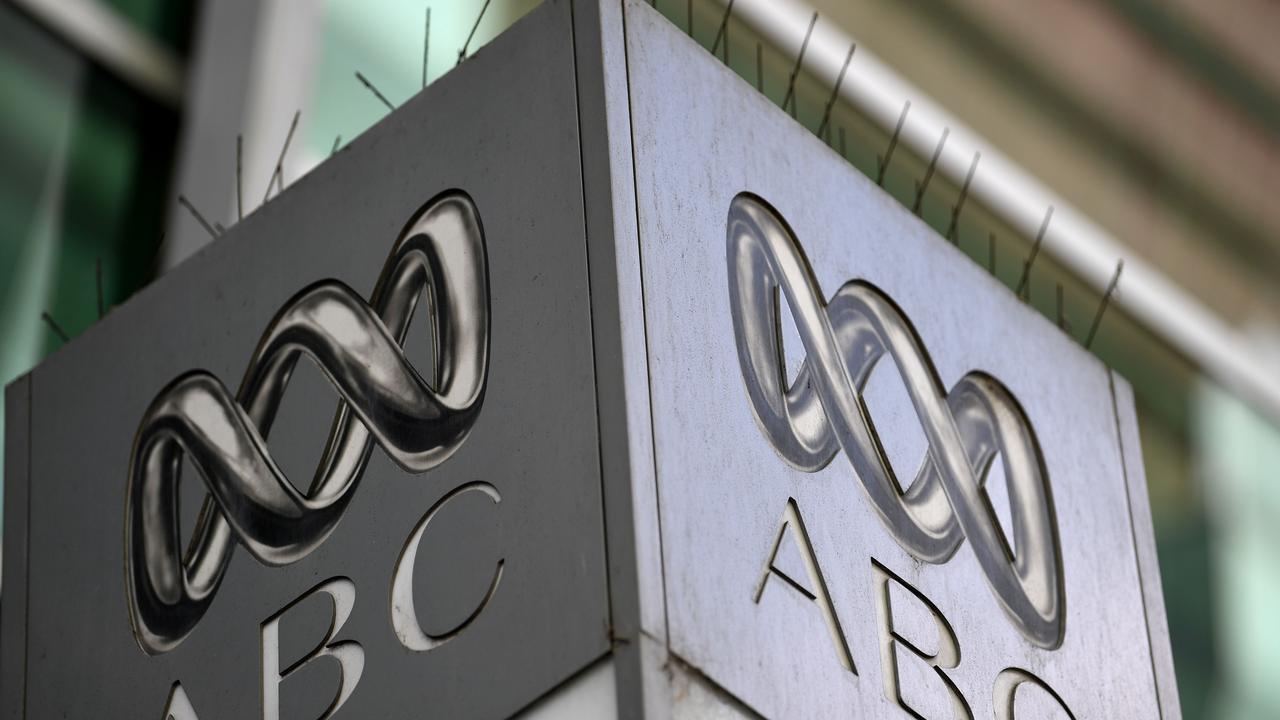UK calls for news quality watch on tech giants like Google, Facebook
A report commissioned by the British government has joined growing calls for the regulation of Google and Facebook news.

Momentum is gathering around the world to increase regulation of major tech companies, including Google and Facebook, with a British government-commissioned report recommending a “news quality” regulator.
The Cairncross Review, undertaken by former journalist Dame Frances Cairncross at the request of the UK government, has proposed a “news quality” regulator to hold online platforms to account for spreading misinformation.
It also recommended that digital news products should enjoy the same tax exemption as newspapers, and the nation’s public broadcaster, BBC, should face restrictions on its digital operation.
The Cairncross review comes three months after Australia’s competition regulator said Google and Facebook had “substantial market power”, and outlined 11 recommendations, including closer scrutiny of their activities by a government agency and tough new data collection rules.
Bridget Fair, who represents Australia’s commercial free-to-air television broadcasters through industry group Free TV Australia, said there was a “growing appetite for regulatory oversight of the global tech giants”, which she supports.
“Google and Facebook are great at making money but they do it off the back of other people’s content,” Ms Fair told The Australian.
“We are cautious about subjective assessments of quality but there is a clear need for regulation to ensure that producers of local content, including news, can monetise their product fairly on the digital platforms,” she added.
Foad Fadaghi, managing director of local tech research firm Telsyte, said there was a “growing push from governments around the world for more regulation of big tech companies given their reach and impact on democracy”.
“However, it might be hard to cherrypick a handful of companies for specific regulations. It will be hard for governments to have different rules for some companies and not others. It needs to be equitable,” Mr Fadaghi said.
“While the Cairncross review might inform the ACCC, its focus will likely be more recommendations for the regulation of digital advertising rather than journalism.
“Regulation is not necessarily bad if it can establish easy-to-implement industry guidelines, but it might be futile or draconian if it tries to manage individuals’ news feeds.”
Richard Gingras, Google’s vice-president of news, said the company had worked closely with the Cairncross inquiry and looked forward to discussing the proposals further “to ensure sustainable, high-quality journalism in the UK”.
“We are committed to supporting vibrant and sustainable quality journalism, directing our users to news websites more than 10 billion times a month and sharing more than 70 per cent of any revenue generated from our ad technology with news publishers.”
Responses to the ACCC’s digital platforms preliminary report are due by Friday, with a final report to be delivered to the federal government by June 3.




To join the conversation, please log in. Don't have an account? Register
Join the conversation, you are commenting as Logout